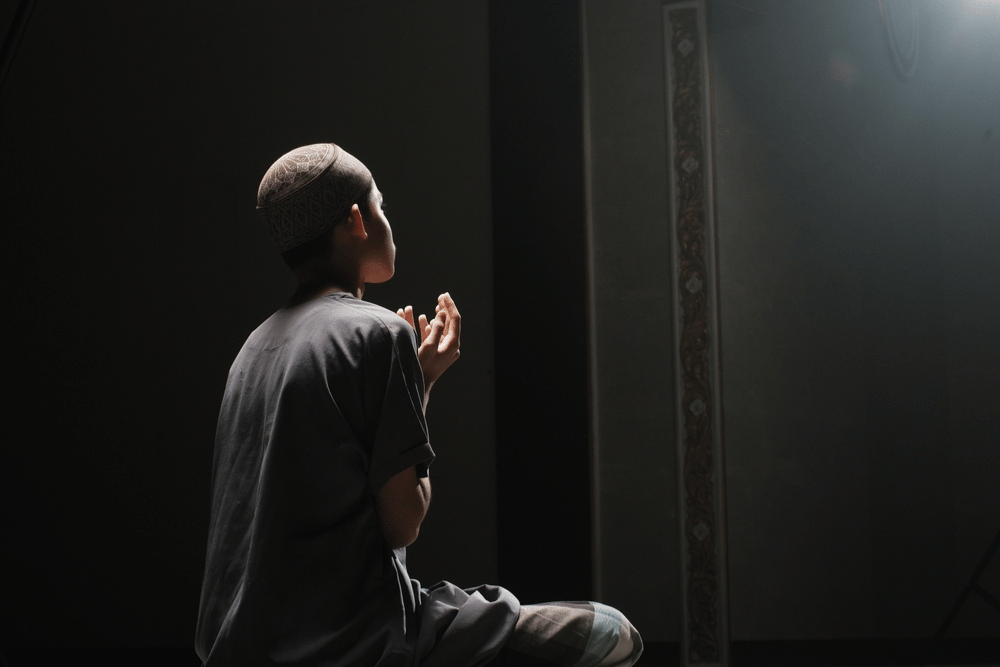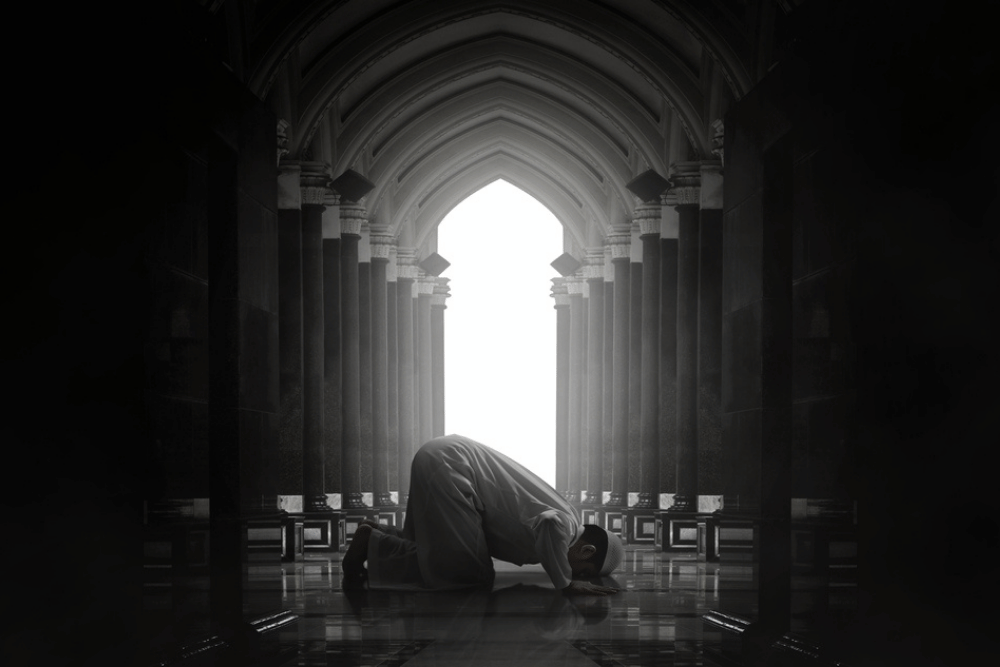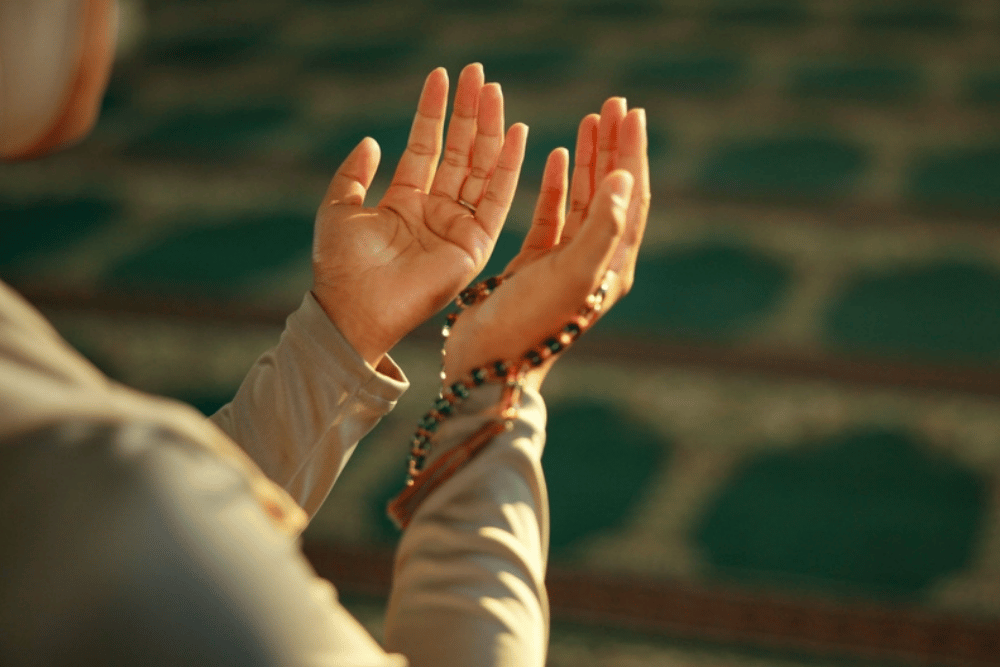In a world filled with uncertainty and complexity, many possess material wealth and health yet lack the peace of mind and heart that brings true contentment. The Glorious Qur’an teaches that “Verily in the remembrance of Allah do hearts find peace” [Surah Al-Ra’d, Ayah 28], pointing us toward a deeper, lasting tranquility. Among the many paths to this peace, gratitude to Allah سبحانه و تعالى stands out as a transformative practice. By recognizing and appreciating His countless blessings, we shift our perspective from emptiness to fulfillment, anchoring our hearts in a state of serenity that endures life’s trials.
The Essence of Gratitude in Islam
Human Ingratitude: A Qur’anic Reflection
And He has granted you all that you asked Him for. If you tried to count Allah’s blessings, you would never be able to number them. Indeed, mankind is [generally] most unjust and ungrateful.
(Surah Ibrahim, Ayah 34)
Whenever someone is touched by hardship, they cry out to Us, whether lying on their side, sitting, or standing. But when We relieve their hardship, they return to their old ways as if they had never cried to Us to remove any hardship! This is how the misdeeds of the transgressors have been made appealing to them.
(Surah Yunus, Ayah 12)
And whatever you have of favor – it is from Allah. Then when adversity touches you, to Him you cry for help. Then when He removes the adversity from you, at once a party of you associates others with their Lord. So they will deny what We have given them. Then enjoy yourselves, for you are going to know.
(Surah An-Nahl, Ayah 53-55)
The Infinite Blessings of Allah
And whatever you have of favor – it is from Allah. Then when adversity touches you, to Him you cry for help.
(Surah An-Nahl, Ayah 53)
Gratitude as an Act of Worship
And (remember) when your Lord proclaimed, “If you are grateful, I will certainly give you more. But if you are ungrateful, surely My punishment is severe.</p
(Surah Ibraheem, Ayah 7)
Indeed, Qaaroon was from the people of Moosa, but he behaved arrogantly towards them. We had granted him such treasures that even their keys would burden a group of strong men. Some of his people advised him, “Do not be prideful! Surely Allah does not like the prideful.
(Surah Al-Qasas, Ayah 76)
He said: “This has been given to me only because of the knowledge I possess.” Did he not know that Allah had destroyed before him generations, men who were stronger than him in might and greater in the amount (of riches) they had collected? But the Mujrimoon (criminals, disbelievers, polytheists, sinners) will not be questioned of their sins (because Allah knows them well, so they will be punished without being called to account).
(Surah Al-Qasas, Ayah 78)
We often do not notice or even consider a blessing that we have until we lose that blessing or are threatened with its loss. How many blessings, benefits and bounties do we take in for granted? How many blessings surround us in our families, our friends, our work, the status we enjoy, the connections we have, even our hopes and our dreams? Even this planet in which we live is a blessing, how it possesses everything needed for life to thrive.
Allah’s Call to Thankfulness
Allah سبحانه و تعالى has mentioned some of the blessings that He has bestowed upon His slaves, and has commanded them to be grateful for what He has bestowed upon them, and has informed us that only a handful of them give thanks to Him. Allah says in the Glorious Qur’an:
O you who have believed, eat from the good [i.e., lawful] things which We have provided for you and be grateful to Allah if it is [indeed] Him that you worship.
(Surah Al-Baqarah, Ayah 172)
And surely, We gave you authority on the earth and appointed for you therein provisions (for your life). Little thanks do you give.
(Surah Al- A’raf, Ayah 10)
And among His Signs is this, that He sends the winds as glad tidings, giving you a taste of His Mercy (i.e. rain), and that the ships may sail at His Command, and that you may seek of His Bounty, in order that you may be thankful.
(Surah Ar-Room, Ayah 46)
O believers! When you rise up for prayer, wash your faces and your hands up to the elbows, wipe your heads, and wash your feet to the ankles. And if you are in a state of (full) impurity, then take a full bath. But if you are ill, on a journey, or have relieved yourselves, or have been intimate with your wives and cannot find water, then purify yourselves with clean earth by wiping your faces and hands. It is not Allah’s Will to burden you, but to purify you and complete His favors upon you, so perhaps you will be grateful.
(Surah Al-Ma’idah, Ayah 6)
The Mercy of Allah for the Grateful
And if you would count the favours of Allah, never could you be able to count them. Truly! Allah is Oft-Forgiving, Most Merciful.
(Surah An-Nahl, Ayah 18)
Remember Me; I will remember you. And thank Me, and never be ungrateful.
(Surah Al-Baqarah, Ayah 152)




